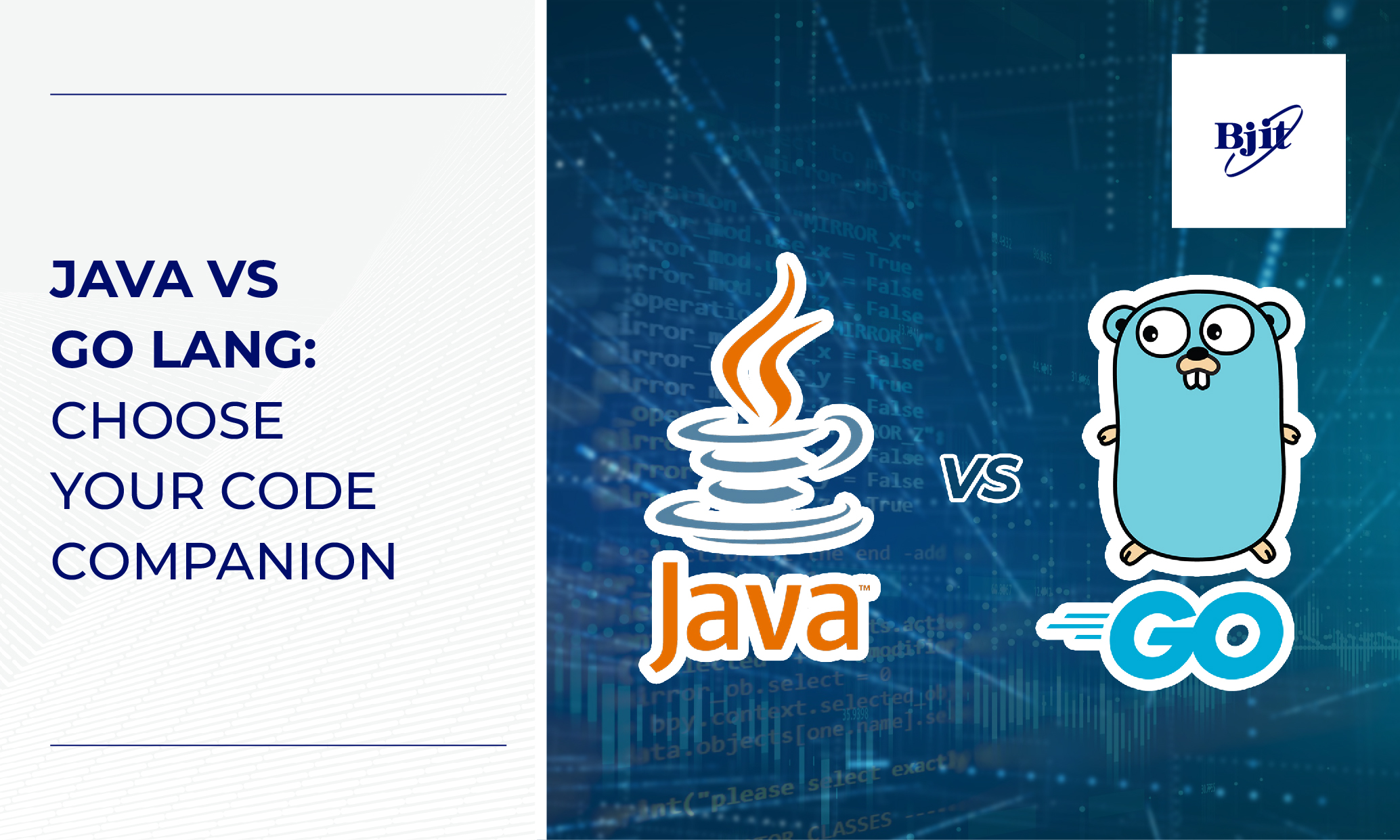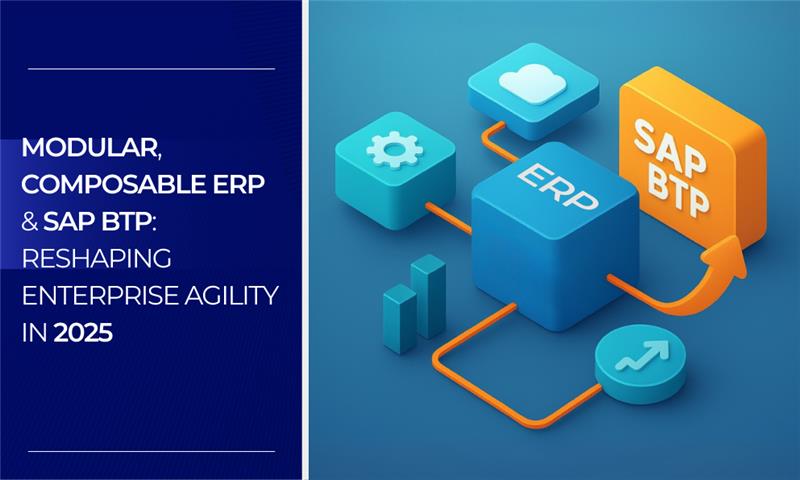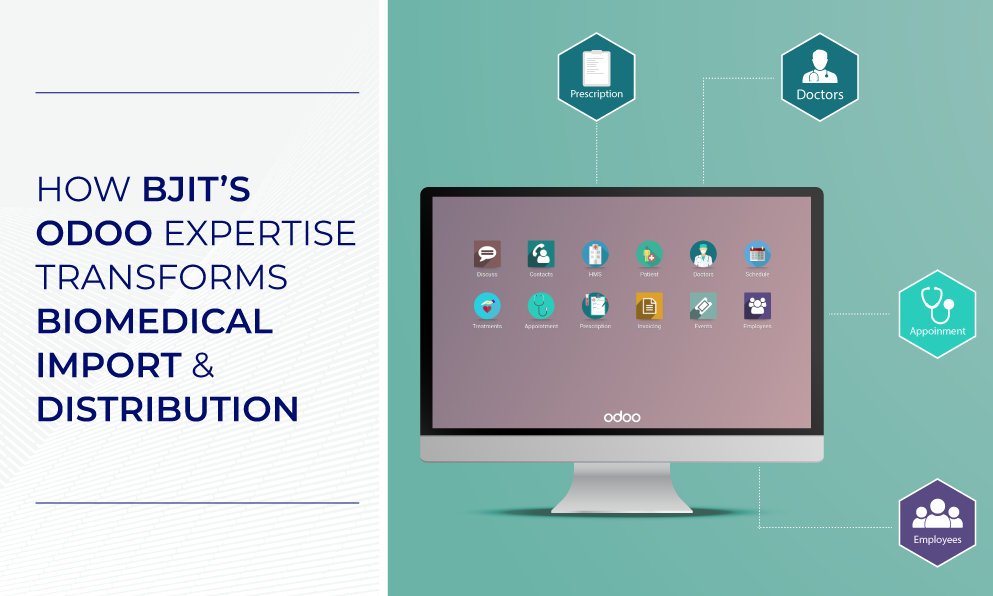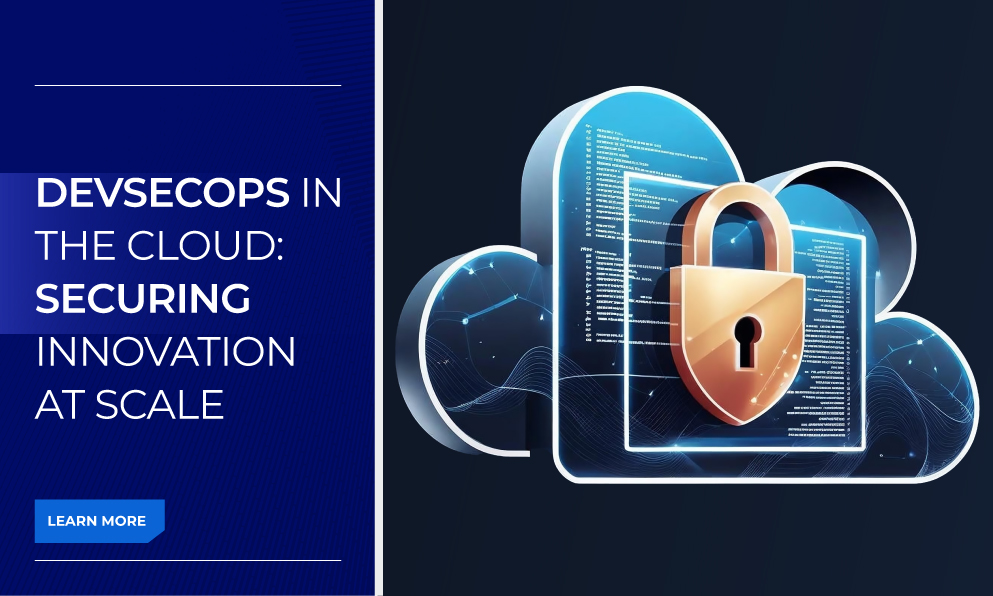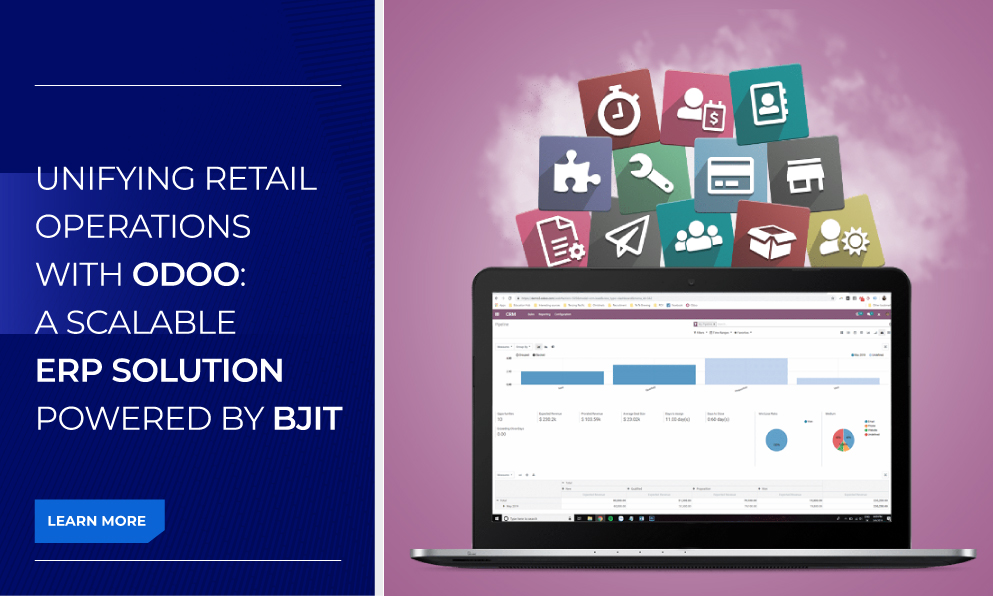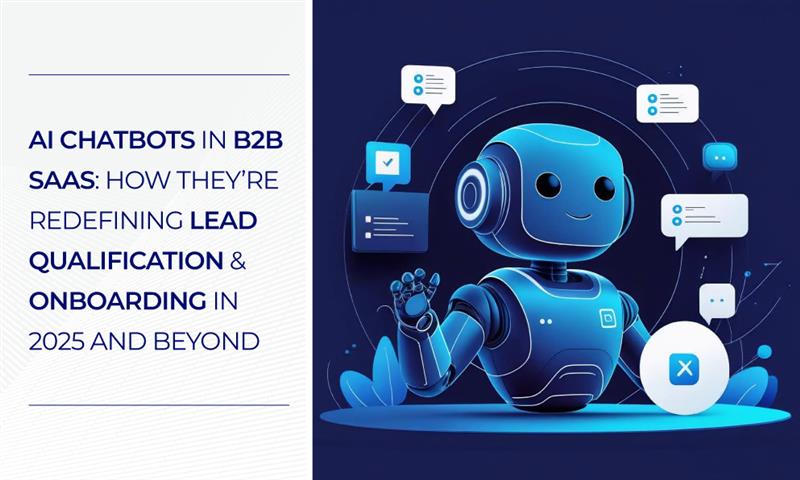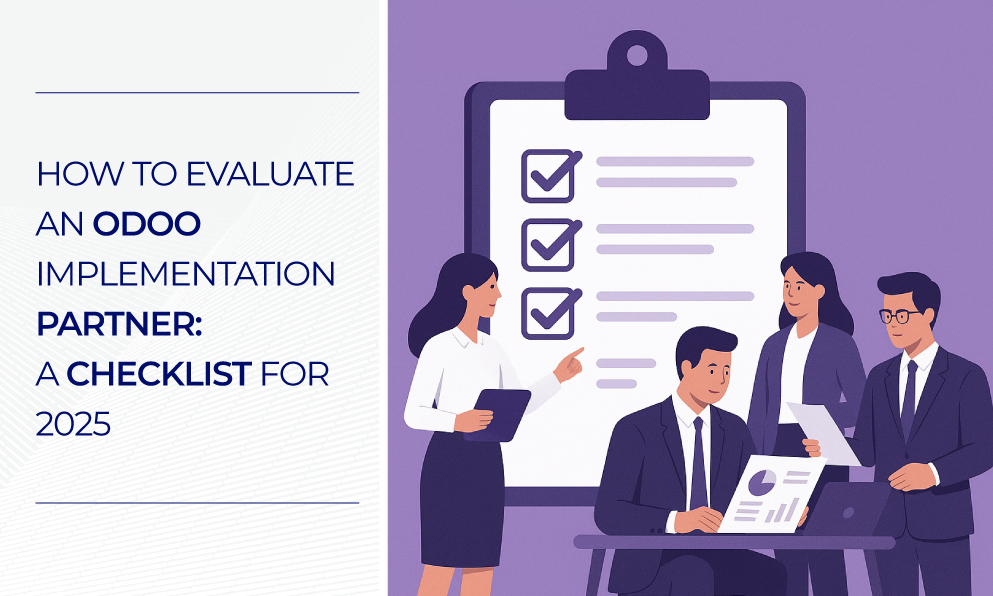In today’s rapidly evolving business landscape, companies of all sizes face the challenge of maintaining efficiency while staying competitive. An Enterprise Resource Planning consultant can be the key to overcoming this challenge.
These experts specialize in helping businesses integrate and optimize their various processes through ERP systems, ultimately leading to improved productivity and profitability.
One such solution that has been gaining traction is BJIT’s miniERP. This guide will delve into the role of an Enterprise Resource Planning consultant, the benefits of hiring one, and why BJIT’s miniERP should be at the top of your list when considering an ERP system.
What is an Enterprise Resource Planning Consultant?
An Enterprise Resource Planning consultant specializes in implementing, customizing, and optimizing ERP systems within an organization.
ERP systems are software platforms that integrate various business processes, such as finance, human resources, supply chain, and customer relationship management, into a single unified system.
The role of the ERP consultant is to ensure that the ERP system aligns with the business's specific needs, thereby improving efficiency, reducing costs, and enabling better decision-making.
Key Responsibilities of an ERP Consultant
- Needs Assessment: Conducting a thorough analysis of the company’s current processes to identify areas for improvement.
- System Selection: Advising on the best ERP system that fits the company’s requirements, with BJIT’s miniERP as a leading contender for small to medium-sized businesses.
- Customization and Implementation: Tailoring the ERP system to meet the business's specific needs and overseeing its deployment.
- Training and Support: Train employees on using the system effectively and offer ongoing support to resolve any issues.
- Optimization: Continuously monitoring the system’s performance and making adjustments to enhance its efficiency.
Why Choose BJIT’s miniERP?
When selecting the right ERP system for your business, BJIT’s miniERP stands out as a powerful and flexible solution designed to meet the needs of small and medium-sized enterprises. Here’s why you should consider BJIT’s miniERP:
1. Tailored for SMEs
BJIT’s miniERP is designed to address the unique challenges small and medium-sized enterprises face. Unlike generic ERP systems, miniERP offers customizable modules to your business's specific needs, ensuring you only pay for what you need.
2. Cost-Effective Solution
One of the primary concerns for SMEs when implementing an ERP system is the cost. BJIT’s miniERP is competitively priced, offering all the functionalities of a robust ERP system without the hefty price tag. This makes it an ideal choice for businesses looking to optimize their operations while maintaining a healthy bottom line.
3. User-Friendly Interface
BJIT’s miniERP boasts an intuitive and user-friendly interface that requires minimal training. This ensures a smooth transition for your team and reduces the learning curve typically associated with new software implementations.
4. Scalability
As your business grows, so do your operational needs. BJIT’s miniERP is designed with scalability in mind, allowing you to add new modules and functionalities as your business expands quickly. This ensures your ERP system can grow alongside your business without a complete overhaul.
5. Seamless Integration
BJIT’s miniERP integrates seamlessly with your existing systems, minimizing disruptions to your operations. Whether using legacy systems or other software platforms, miniERP ensures that all your data is consolidated into a single, easy-to-manage system.
Benefits of Hiring an Enterprise Resource Planning Consultant
Hiring an Enterprise Resource Planning consultant offers numerous benefits to businesses, especially those looking to streamline operations and achieve sustainable growth. Here are some of the key advantages:
1. Improved Efficiency and Productivity
An ERP consultant helps businesses automate and integrate their processes, reducing the need for manual data entry and minimizing the risk of errors. This improves efficiency and allows employees to focus on more strategic tasks.
2. Cost Reduction
An ERP consultant can help businesses reduce operational costs by optimizing processes and eliminating inefficiencies. Additionally, the improved visibility into financial data allows for better budgeting and resource allocation.
3. Enhanced Decision-Making
With an ERP system, businesses can access real-time data across all departments. An ERP consultant ensures this data is accurate and readily available, enabling management to make informed decisions quickly.
4. Scalability
As businesses grow, their processes become more complex. An ERP consultant can design a system that scales with the business, ensuring that the company’s operations remain efficient as it expands.
5. Compliance and Risk Management
ERP consultants are well-versed in industry regulations and compliance requirements. They can configure the ERP system to ensure the business adheres to these regulations, reducing the risk of non-compliance and potential penalties.
How to Choose the Right Enterprise Resource Planning Consultant
Selecting the right Enterprise Resource Planning consultant is crucial to the success of your ERP project. Here are some factors to consider when making your decision:
1. Experience and Expertise
Look for a consultant with extensive experience in your industry and a proven track record of successful ERP implementations. They should have a deep understanding of your sector's specific challenges and requirements.
2. Technical Skills
The consultant should be proficient in the ERP software you plan to implement. They should also have strong technical skills to customize and integrate the system with your existing processes.
3. Communication Skills
Effective communication is critical to a successful ERP project. The consultant should be able to clearly explain the benefits and functionalities of the ERP system to your team and provide training that is easy to understand.
4. References and Testimonials
Ask for references and read testimonials from previous clients. This will give you insight into the consultant’s ability to deliver on their promises and provide a high level of service.
5. Cost and Value
While cost is an essential factor, it should not be the sole determinant in your decision. Consider the consultant's value to your business and how their expertise can contribute to your long-term success.
The ERP Implementation Process
Implementing an ERP system is a complex process that requires careful planning and execution. Here’s an overview of the steps involved:
1. Planning and Preparation
The first step involves setting clear objectives for the ERP implementation and defining the project's scope. The consultant will work with your team to identify the key processes that must be integrated into the system.
2. System Design and Customization
Based on the needs assessment, the consultant will design a customized ERP solution that meets your business requirements. This may involve configuring modules, developing custom reports, and integrating third-party applications. BJIT’s miniERP excels in this phase, providing a flexible foundation tailored to your needs.
3. Data Migration
Migrating data from existing systems to the new ERP platform is critical. The consultant will ensure that all data is accurately transferred and any potential issues are addressed.
4. Testing and Validation
Before the system goes live, the consultant will conduct thorough testing to ensure all functionalities work as intended. This includes user acceptance testing, where employees can test the system and provide feedback.
5. Training and Go-Live
Training is essential to ensure that employees are comfortable using the new system. The consultant will provide comprehensive training sessions and documentation to support the transition. Once the system is live, the consultant will offer ongoing support to address any issues.
6. Post-Implementation Review
After implementing the ERP system, the consultant will conduct a post-implementation review to assess the project's success. This involves evaluating the system’s performance, identifying areas for improvement, and making any necessary adjustments.
FAQs
1. What does an Enterprise Resource Planning consultant do?
An Enterprise Resource Planning consultant is responsible for helping businesses implement, customize, and optimize ERP systems. Their role includes conducting needs assessments, selecting the right ERP system, overseeing its implementation, and providing training and support to ensure the system meets the company’s needs. For businesses considering BJIT’s miniERP, the consultant ensures that this tailored solution is implemented seamlessly and delivers maximum value.
2. Why should I hire an Enterprise Resource Planning consultant?
Hiring an ERP consultant can help your business streamline operations, reduce costs, and improve decision-making. Their expertise in ERP systems ensures that the implementation process is smooth and that the system is tailored to your specific needs. Regarding BJIT’s miniERP, a consultant’s role becomes even more critical, as they can help customize the system to align with your business goals perfectly.
3. How long does it take to implement an ERP system?
The time it takes to implement an ERP system varies depending on the project's complexity and the organization's size. On average, the process can take several months to over a year. An experienced ERP consultant can provide a more accurate timeline based on your requirements. With BJIT’s miniERP, the process is streamlined to ensure a faster and more efficient deployment.
4. What are the risks of not hiring an ERP consultant?
With the guidance of an ERP consultant, your business may avoid several risks, including a poorly configured system, data migration issues, and a lack of employee training. These risks can lead to increased costs, decreased productivity, and a failed implementation. Choosing BJIT’s miniERP and working with a consultant minimizes these risks, ensuring a smooth transition and successful implementation.
5. How much does hiring an Enterprise Resource Planning consultant cost?
The cost of hiring an ERP consultant varies depending on factors such as the consultant’s experience, the project's scope, and the ERP system's complexity. It’s essential to consider the consultant's value to your business and how their expertise can contribute to your long-term success. When implementing BJIT’s miniERP, the consultant’s fees are often offset by the system's significant efficiency gains and cost savings.
Conclusion
An Enterprise Resource Planning consultant is crucial in helping businesses optimize their operations and achieve sustainable growth.
By providing expert guidance on selecting, implementing, and optimizing ERP systems, these professionals ensure that companies can fully leverage the benefits of integrated business processes. BJIT’s miniERP is an excellent choice for businesses looking for a cost-effective, scalable, and user-friendly ERP solution.
Whether you’re a small business looking to improve efficiency or a large corporation seeking to streamline complex operations, an ERP consultant, combined with the power of BJIT’s miniERP, can be the key to unlocking your company’s full potential.
